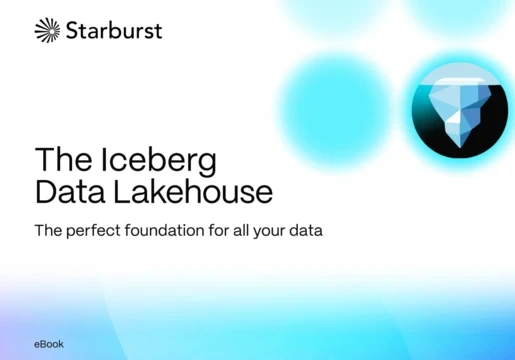With more data than ever before accessible to businesses and governments, how can organisations use it effectively? Karl Weaver - a member of the Future Strategy Club and the former CEO of UK Data at Publicis Spine Groupe - delves into his insight concerning data as the "new oil"

There is a common analogy that data is the 'new oil', as companies become ever more obsessed with harnessing consumer data to learn how their customer base is growing, or why it isn't, and predict next steps. Karl Weaver, as the former CEO of UK Data at the Publicis Spine Groupe, is an expert on data and, more specifically, how firms can harness its power, extract the relevant information, and inform their growth. In a world of track-and-trace and GDPR, people are becoming more and more aware of how their data is captured and stored, so firms are often caught in a tricky balancing act of retrieving data, while providing reassurance regarding its safety to their customers.
As all industries of business continue to be impacted by fluctuating Coronavirus restrictions, The Future Strategy Club have drawn on their freelancer base to provide a robust bank of advice from the UK's top strategic thinkers in a new Survival Guide for businesses. Karl has contributed to this guide, and shares how firms can filter data during the pandemic to the best effect. Below, Karl discusses the analogy of data being the 'new oil':
"The analogy works to a point. Oil needs to be discovered and extracted, then refined and used in the right way. The refinement piece is one of the strongest parts of the analogy, in that data needs to be combined with other data and then worked on in order to become commercially useful. But once used, oil loses almost all of its value, whereas data decays but can be reused. So, the analogy is not complete in that aspect.
Data is used to fuel models and companies have become more and more dependent on such models to operate. In some cases, this pendulum has swung too far, as there is still a need to combine data insight with human expertise. After all, a good model is just that – a useful concept; an abstraction of the real world.
Another less talked about aspect of the data and oil analogy is in the effect of extraction on a community. To operate in certain geographies, oil companies have learned to invest time and effort into building trust and acceptance with the local community they are disrupting. A similar thought applies to the data being extracted from consumers."
Karl's full commentary can be read in the FSC's Survival Guide Handbook, which can be downloaded here: https://







Comments ( 0 )